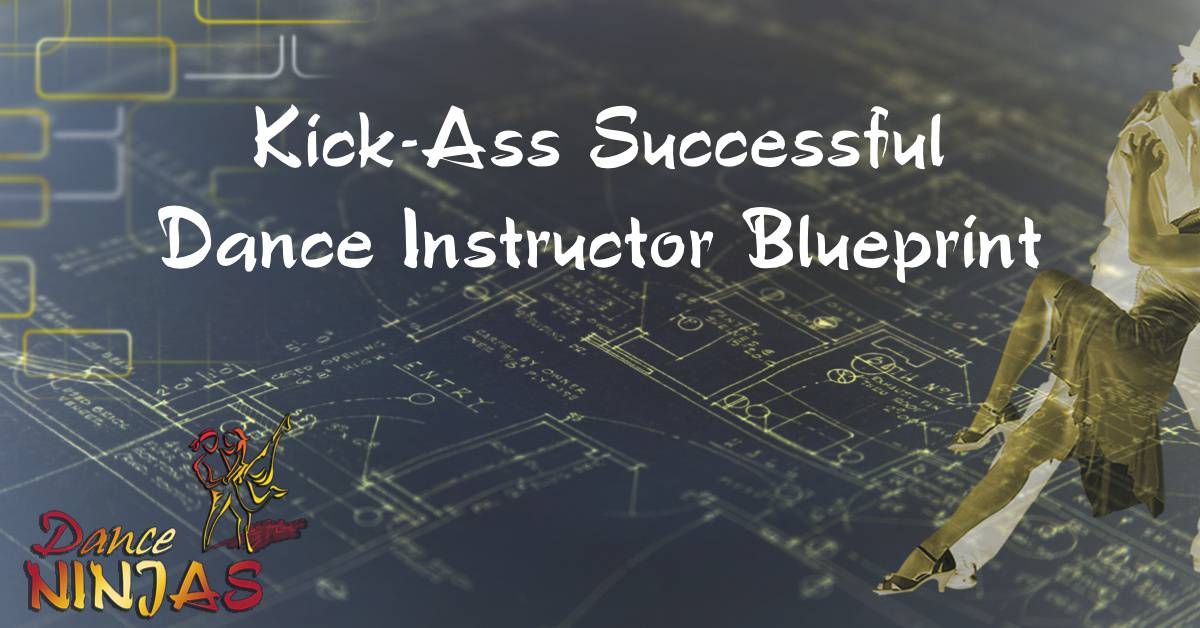Become an active learner!
Having a highly skilled teacher is awesome but not everyone has that luxury. Instead of relying on finding the best teacher, why not learn to be a better student? Not only will you learn more from the average teacher, but when you have better teachers, the combination will exponentially improve your dancing.
How do you become an active learner?
- Find the opportunity in everything, especially the situations you think of as "bad". Are there more leads than follows... how could that be awesome for you? Are there more follows than leads... how could that be awesome for you? Is the class starting late... how could that be perfect? What is one "bad" situation that you'd like help making awesome? Share in the comments below.
- Use every second available to you. If you find yourself without a partner, practice the movement on your own, grab someone else who is partnerless and practice with them, or watch the other dancers to see what they are doing well, what they are struggling with, and why they are doing well or struggling. Test your ideas & learn from your observations.
- Bring interest & enthusiasm. Teachers feed off of your attitude. It is very difficult to teach an inspiring class to people who come in with their arms crossed and stay as far away as possible from the instructor. At the same time, it is very easy to teach to a crowd of eager students and it is somewhat difficult to teach to those who are only somewhat interested. Show your interest and your teachers will find it much easier to be better teachers.
- Actively look for the things you like & actively ignore those you don't. It is very easy to see something you don't agree with or don't like and start to focus on it and let it annoy you. When you let this happen, you are likely to start missing the things you would have found valuable. Teachers are there to give you tools and inspiration, take the ones you like and forget about the ones you don't.
Your Homework
- Try out some of the suggestions above in your next dance class.
- Knowing is not doing... apply this knowledge!
- Add your own thoughts in the comments below
- Sharing with others is a great way to improve & it's nice too!!!!
Want to improve from the comfort of your home (or mobile device)? Join Dance Ninjas!



If there are more leads than follows (or vice versa) in class… how could that be even better for you?
Let’s help each other out: 2 options…
1. Request Ideas: Add something that has happened in a class that you don’t see how to benefit from as a reply to this comment?
2. Offer Ideas: If you have an idea on how to benefit from any of the comments in this thread, reply to that comment and share your answer.
Examples below
What benefits can students gain from class starting late?
I can practice what I learned last week. This is especially important if I didn’t practice outside of class as I learn much more by trying to implement what I learned.
I can chat and get to know some of the other students. I find that as I get more comfortable with people my dances tend to improve with them.
1. Always carry a pen and notepad for notes, sketches, ideas, reminders. (They’re expensive, but I like the Rite In the Rain top-spiral bound notebooks designed for field use. They’re robust and don’t mind if you get sweaty. I go all the way through in one direction, putting a page number in the top right corner of each page, then at the end turn it over and continue all the way through on the opposite side. Easiest way to flip through by dates.)
2. The great thing about a group class is that you can learn from both good and not so good examples you see.
3. At every opportunity – you see something noteworthy, or the teacher is correctly or helping someone – ask youself, “Does that apply to me?” “In what way?” “To what degree?”
4. Often times it may be more helpful (especially for leaders) to focus on the *opposite* role. Their movement is what you want to produce from a corresponding movement in your own body.
5. Seek to derive general principles from specific examples. “Okay, they’re talking about this particular movement, and where else might that apply?”
6. During dances, while the teacher is moving about the couples, don’t hesitate to ask for a check out or help, out of some misplaced sense of pride or embarrassment.
7. In whatever way that works for you, create a record of the class/workshop to at least index the essentials: Date, Place, Teacher, Subject, Rating, Notes. Then you can start to develop a sense of what teachers you like, venues you like, subjects you’ve covered, etc.
8. Do you have a library of phone camera videos identified by nothing others than a string of numbers representing date and time? Yeah, it’s a pain, but faithfully review each class video, rename it something meaningful, and file it in a meaningful way.
Go to run now. Thanks for introducing the subject, Andrew.
–David
David Phillips Great tips David!
Your tip #3 is one of the biggest reasons people take so long to improve their dancing. I was just taking a class this weekend where I was paying close attention to this and noticed several moments when I wasn’t applying this tip, which enabled me to apply and improve instead of waste that hour of class.
For tip #6, I would also say, don’t hesitate to ask for help because you don’t want to burden the teacher or hog the attention. Your questions will probably be questions that other students have too. Plus, a solid teacher will know if that question is not of value for the rest of the class and in that case, they will get the class working on something that is of value and help you when everyone else is already busy.